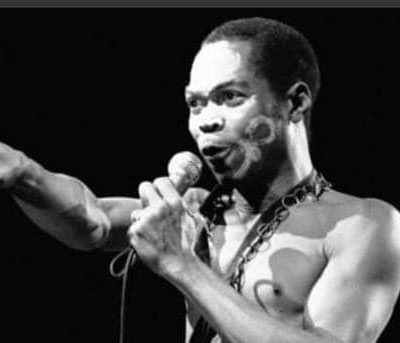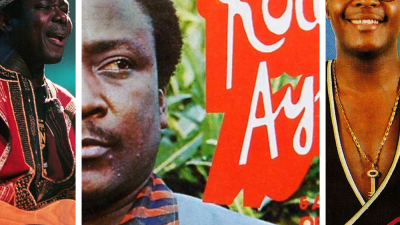Contributing Writer from Tanzania
It doesn’t come as a surprise at all. Musicians often demonstrate a sense of solidarity when their home countries are troubled. History boasts of vast examples. From Nigeria’s Fela Anikulapo-Kuti to South Africa’s Mariam Makeba, activism has been a part of music journey from coast to coast in Africa. Right now, Tanzanian musicians are challenging the government through their music, speaking out against corruption, human rights abuses, and electoral injustices.
Tanzania is reported to be experiencing a surge in political tyranny under President Samia Suluhu Hassan’s administration. The recent election, which saw Hassan win with 97.66% of the vote, has been marred by controversy, with opposition parties and international observers alleging electoral irregularities and human rights abuses.
Protests have erupted across the country, with security forces responding with excessive force, resulting in dozens of deaths and hundreds of injuries.
The opposition leader, Tundu Lissu was arrested on treason charges, and his party, CHADEMA, was barred from participating in the election. In addition to the crisis, the government imposed a nationwide internet blackout, restricting access to information and communication. Reports of abductions, torture, and intimidation of opposition supporters, journalists, and civil rights activists.
The Economic Freedom Fighters (EFF) and other regional bodies have condemned the election and called for an investigation into human rights abuses. Nelson Chamisa, former opposition leader in Zimbabwe, has urged SADC and the AU to reform their electoral observation processes and address the growing trend of disputed elections in Africa.
The situation in Tanzania highlights concerns about democratic backsliding and human rights abuses in the country which have not escaped the notice of musicians.
Artists like Ney wa Mitego, Diamond Platnumz, and Zuchu have faced censorship, harassment, and even arrest for their views.
Earlier on, Ney wa Mitego criticized President Samia Suluhu’s administration in his song “Amkeni,” leading to its ban by the Tanzania National Arts Council (BASATA). Diamond Platnumz faced investigations and bans for his political affiliations and has been subjected to vigilante violence. Zuchu backed President Hassan at a rally, but faced public backlash and was pelted with bottles.
Older songs by artists like Nay Wa Mitego and Profesa Jay have become anthems for protesters demanding justice and accountability. Indeed, musicians and digital creators use social media to share protest memes, satire, and livestreams, evading censorship. Artists perform in hidden venues, distributing music surreptitiously to avoid government detection.
Tanzania’s political crisis has had a significant impact on the music industry, with many musicians facing censorship, harassment, and even arrest for expressing their views or performing at opposition events.
The government has been accused of censoring music that criticizes the government or promotes opposition views. Some musicians have reportedly been harassed, intimidated, or even arrested for performing at opposition rallies or expressing their political views.
In fact, many musicians have resorted to self-censorship, avoiding sensitive topics or lyrics that might be seen as critical of the government. Dibidus, a Tanzanian musician who has been vocal about the country’s political situation and has faced backlash from the government. Many other musicians have faced similar challenges, with some choosing to flee the country or abandon their music careers altogether.
The political crisis has created a challenging environment for musicians in Tanzania, limiting their freedom of expression and affecting their livelihoods.











